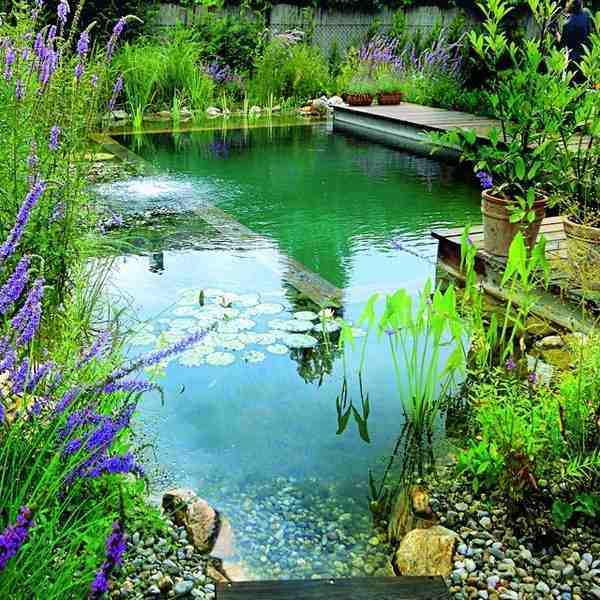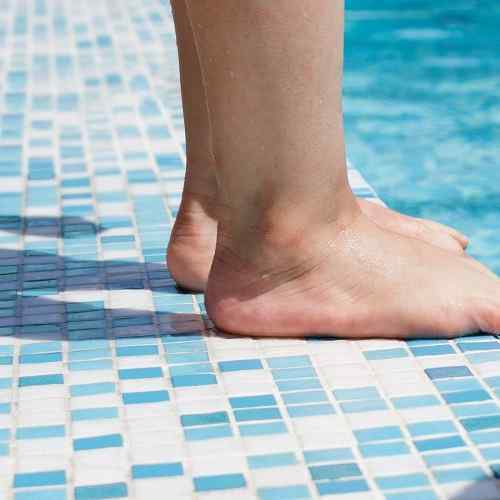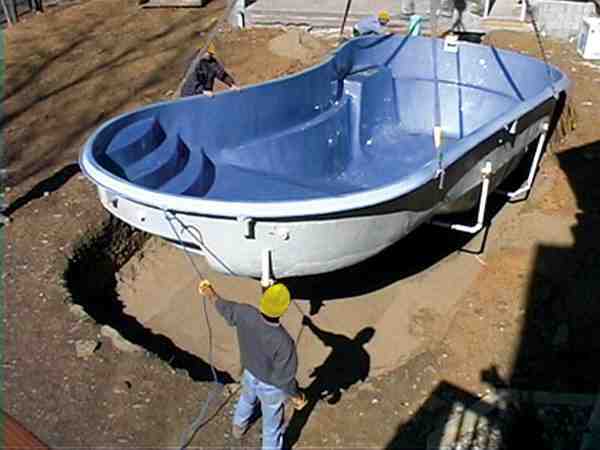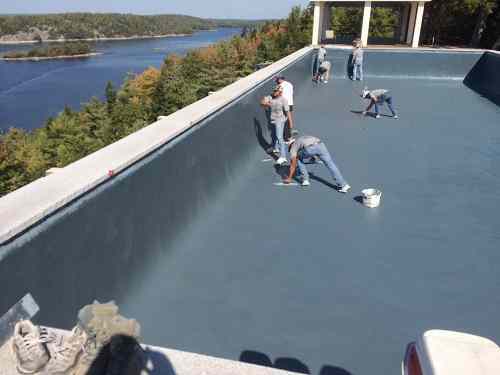Running a pool can be an expensive thing – but there are crucial ways in which you can save money, making your pool more cost-efficient, as well as energy-efficient and even sustainable to boot. Here are four simple ways to address expenditure on your pool.
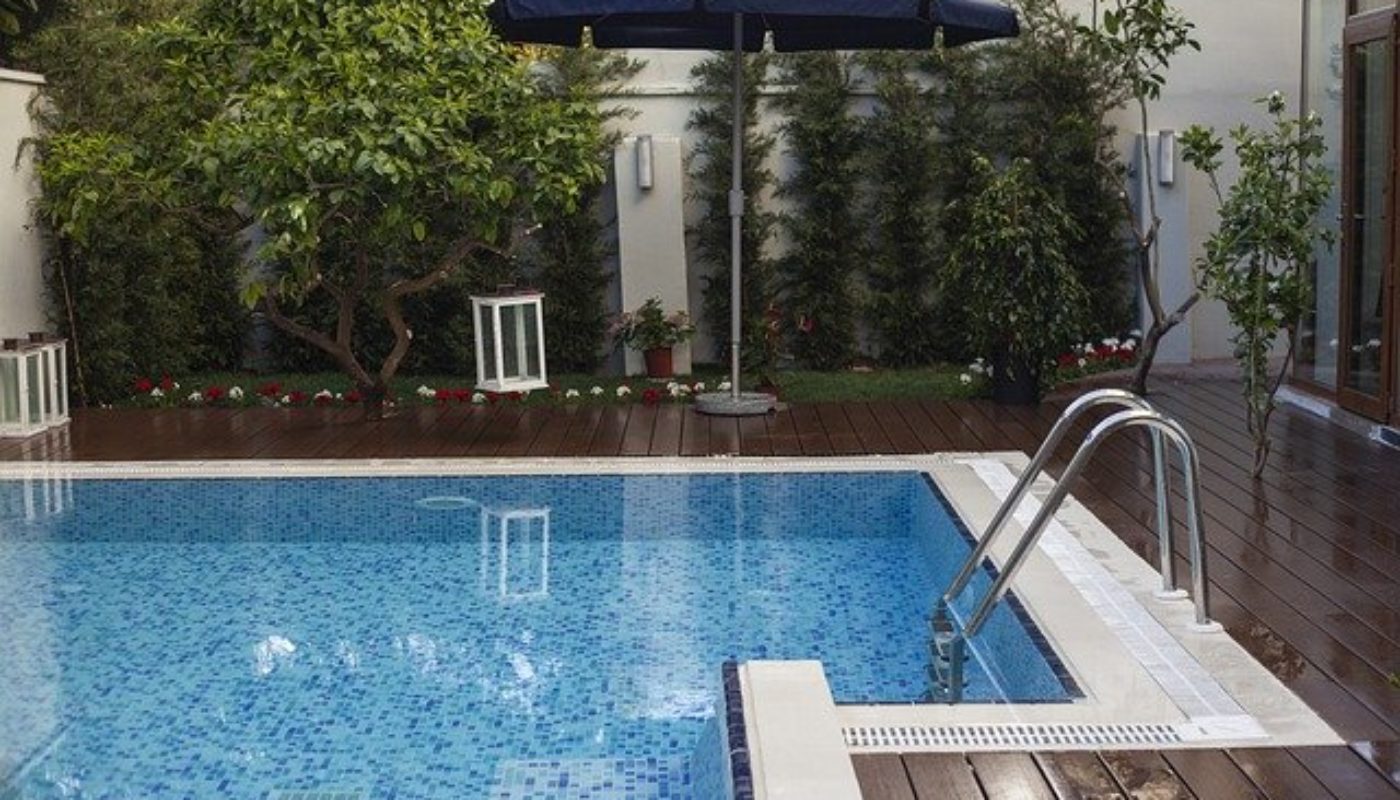
Save Water
Saving water is a sure-fire way to save on costs in the long term. Rather than emptying out your pool after every use, and re-filling it the next time around, re-use your water for more than a few uses. Not only do you save on your water bill (if you have a water meter), but you also save on costs with regard to water treatment, such as your pool chlorine granules. The existing water is already treated – and if kept safe, will last a few more uses before it needs to be replaced.
Use a Pool Cover
One such way to keep your pool water safe is to make good use of your pool’s cover – or, if your pool does not have a cover, to invest in one. Keeping your pool well-covered when out of season or otherwise not in use, protects your pool water from debris in the form of fallen leaves, grit and dust. As a result, less bacteria has opportunity to propagate in your water, and your filters don’t have to work as hard to clear the water. Not only do you get more out of your filter and your water, you also lose less water and heat to evaporation in the warmer months, saving yet again on water and energy.
Use a Larger Filter
Using a larger filter can save you on crucial energy costs from filtering your pool; larger filters are distinct in having a larger surface area for filtration, which in turn means less pressure is required to pump the water into the filter. This is energy-efficient, but also has beneficial effects to the longevity of your filter. Since it doesn’t have to work as hard, it is more likely to last, saving you money on replacements in the long-term.
Aim for Efficiency
There are a number of little things you can do to improve the overall cost-efficiency of your pool, themselves efficient measures. Firstly, if your pool has internal lighting, or even if you have your own lighting to illuminate the pool, switch out your halogen or filament bulbs for LEDs. LEDs are more energy-efficient as a result of losing less energy in the form of heat. If your pool heater is gas-powered, consider switching out for a solar panel – not only is it more sustainable, but it also takes your pool’s heating needs off-grid entirely, saving significant amounts. Lastly, consider putting your chlorine granules in at night time instead of during the day; this is because chlorine is destroyed by UV light in fairly short order, meaning you don’t get as much value per dose.
